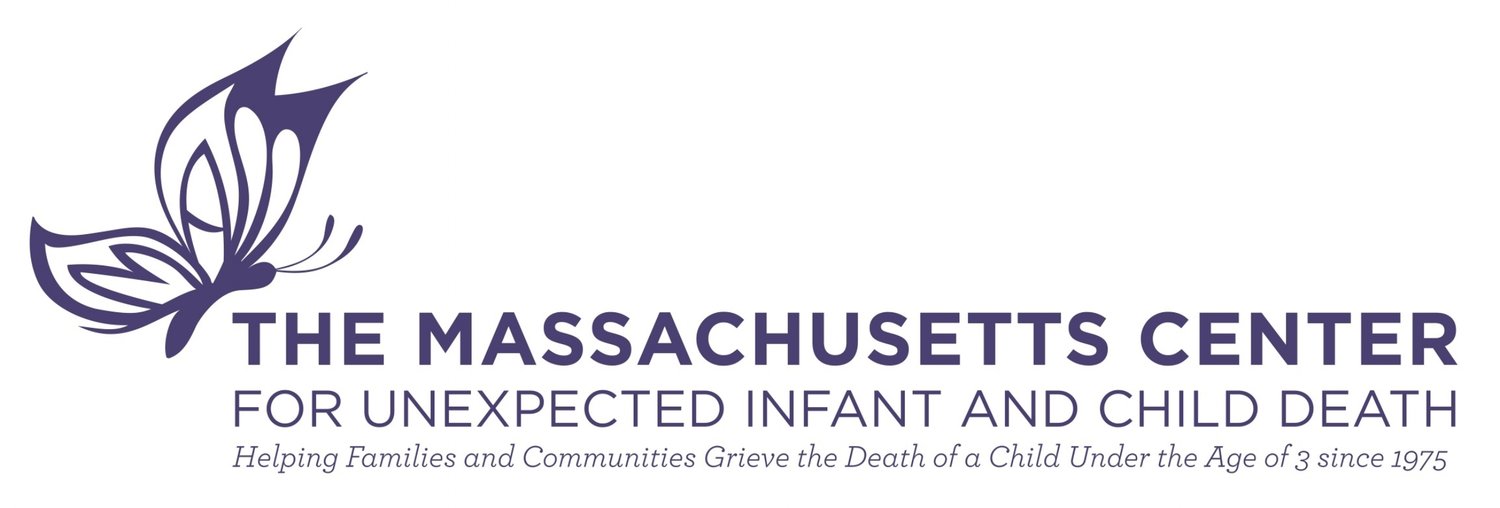Guidelines for the School Community
This information is intended for teachers, coaches, nurses and others in the school community who work with siblings of a child who has died.
It is the case that educators and others in the school community serve as some of the most significant and valued adults in a child’s life. Often, they become a critical lifeline for children in the face of many crises including one of the most devastating--the loss of a sibling. Whether a child is in preschool or in high school, the school community can play a very important role in supporting grieving children.
As we strive to support children impacted by the death of a sibling, we need to recognize that all children, ranging from infancy and toddlerhood through adolescence, are affected by the death of a sibling. As they grow, children go through several developmental stages and during each stage they understand death in different ways. In general, infants don’t have the cognitive ability to understand death and dying but they are sensitive to adult’s nonverbal affective states and may feel their sadness and sorrow. Preschool children don’t understand that death is permanent or that every living thing will die. Young school age children (from about 6 to 9 years) know that death is real but tend to feel that if they are smart enough, they can avoid death. Older school age children (9 through 12 years) know that death is permanent, irreversible, and universal. By the time children become adolescents, they typically have the same feelings and emotional reactions as do adults when they encounter loss but their emotions may be more dysregulated. As children progress through developmental stages each child’s understanding of death will change and grow. If we are to support them best, we need to meet them at their developmental level. For more information about grief and child development, click here.
Initial Step: Recognize How Children Understand and Deal with Death
Educators typically go into the field to help children learn and grow. This is no less the case around helping them deal with their grief. However, witnessing the grief of children can be very painful and it is natural to have many strong reactions especially given one’s own individual experiences around loss. One way to avoid becoming overwhelmed is to seek out others in the school or in the community who understand child development, grief and loss, and mental health. Given how highly emotional it can be to deal with such a devastating issue as death, it is vital to take steps to support and take care of ourselves and our colleagues.
Initial Step: Take Care of Yourself
When there is a death of an infant or young child, it is likely that parents will notify their surviving children’s teacher or principal. However, sometimes the family is simply too overwhelmed and devastated to inform the school. Whether teachers or principals learn about the death directly or indirectly, it is imperative that someone from the school with whom the family has a relationship contact the family, express their condolences and support, listen to any facts surrounding the death and determine if the family will give permission to share the information with the school community. It is also imperative that children who are school age and older have a say in what they need from their teachers and peers as they return to school. For example, some children may say they don’t want to talk about the crisis while others might say they don’t mind if their teachers or peers talk openly to them about the loss. Not only does this help to prepare the staff to support the family and siblings and prepare for the siblings return to school, but it can help to correct inaccurate reports from other students.
Notifying the School Community
While dealing with grief is universal, it can be a difficult process for the surviving child and family. Like adults, children grieve in diverse ways. Even children who appear to be doing well may be confused, have difficulty concentrating and/or sleeping, feel distressed, guilty, or angry and struggle to make meaning of the death. As a result, it is not uncommon for some children to lose interest or motivation in doing their schoolwork. In these circumstances, accommodations around assignments can be helpful. For other children, the predictability and routine of school may serve as a welcome distraction and at least in school, they may actually feel more stable.
Sadly, there is nothing we can do to take away the child’s pain but it is very helpful to learn about what to say (and not say), how to support the child and family, and how to manage our own feelings of grief and loss. More information on understanding and supporting the grief of children while taking care of yourself in the fact of these tragedies can be found here: Schonfield, D.J. & Quackenbush, M. (2010). The Grieving Student. Baltimore: Brookes Publishing.
Please see Tips for Professionals for more information on how to best support those you’re working with.
